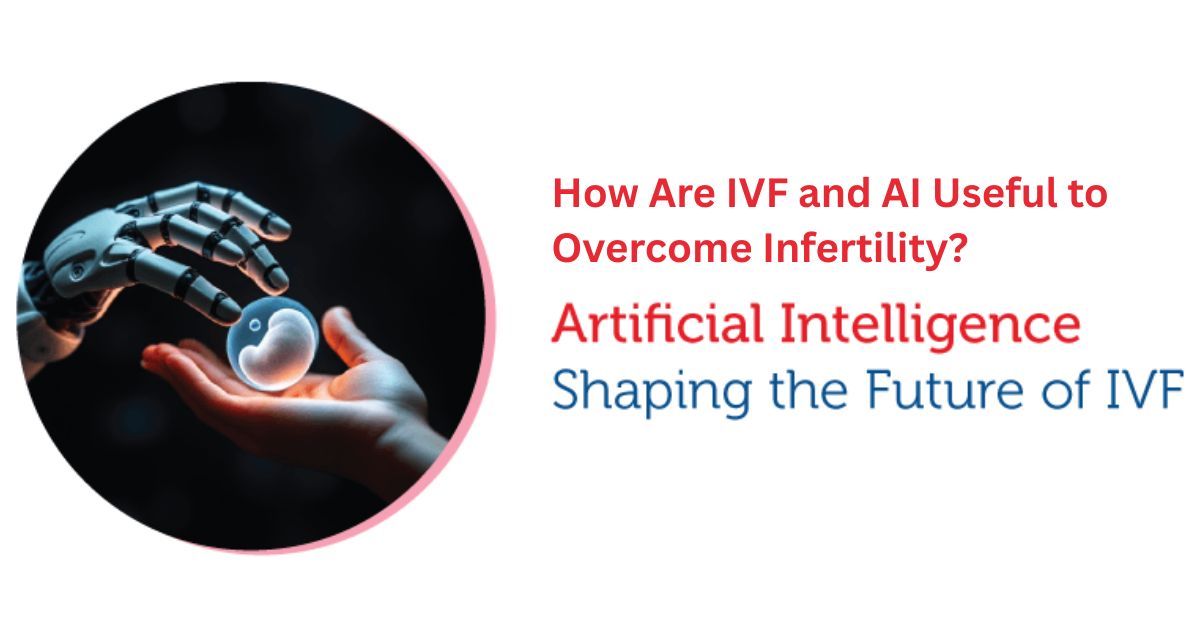1. Introduction
The year 2025 marks a major turning point for software with AI, as development teams, product managers, and businesses integrate automation into everyday workflows. AI-enhanced platforms now assist in writing code, debugging, documenting projects, planning tasks, and managing operations at a scale no traditional software could achieve.
In this article, we clarify how software for AI and modern software & tools support developers with automation, optimization, and predictive intelligence. At Toolactive, we curate and evaluate the best AI and automation solutions so professionals can simplify their decisions using real, tested insights.
The insights you’ll read below are based on hands-on testing led by Jason Miller, a marketing tech and productivity specialist with 12+ years of experience. This review covers 15 top AI tools, complete with comparisons, use-case recommendations, and practical evaluations of how each tool performs in real workflows.
If you want to explore more support automation tools, you can check out our list of software tools.
2. What Is AI-Enhanced Software?
AI-enhanced software refers to applications that integrate machine learning, natural language processing, predictive analytics, or autonomous automation to improve efficiency, speed, and accuracy. These platforms go far beyond traditional software by understanding context, anticipating user needs, and generating intelligent outputs.
In 2025, developers and teams rely heavily on AI tools for writing code, suggesting improvements, identifying bugs, generating test suites, drafting documentation, automating project workflows, and analyzing productivity patterns. The result is faster development cycles, higher-quality output, and reduced operational bottlenecks across organizations.
Common use cases include development pipelines, product design, team collaboration, documentation, quality assurance, and operations automation — demonstrating why AI-powered software and tools have become essential for modern teams.
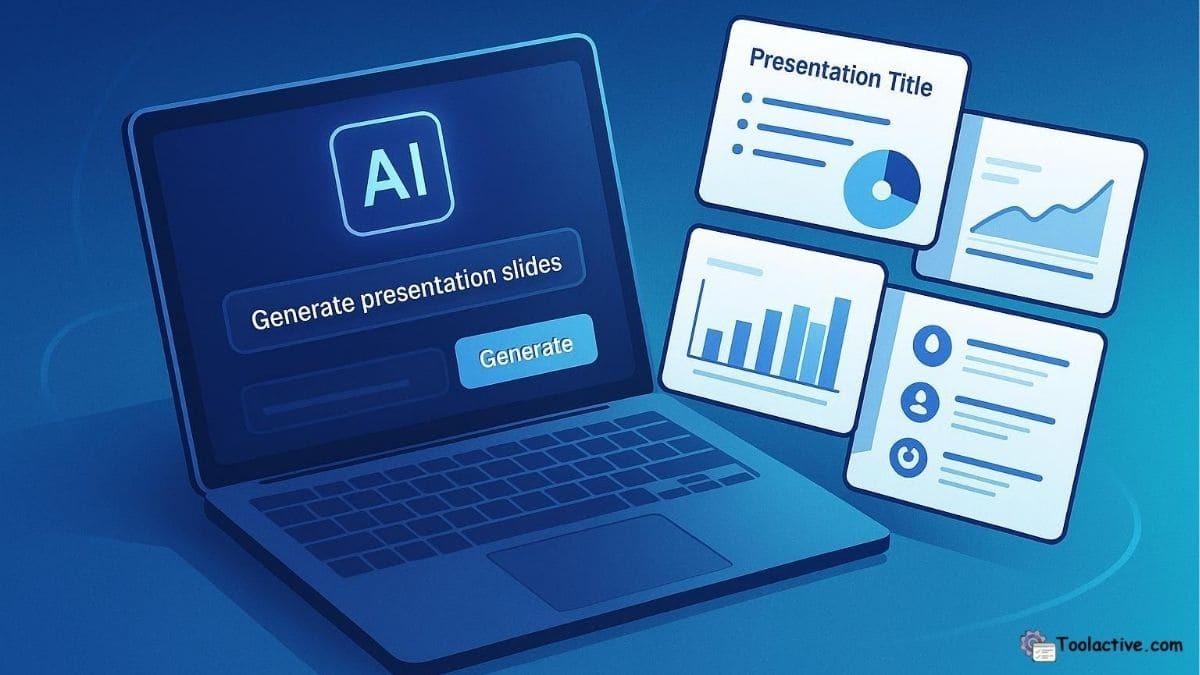
3. How We Tested These AI Software Tools
To ensure accurate and unbiased results, each platform was tested using a consistent evaluation framework. Our testing focused on:
-
Features and capabilities: How advanced and practical the AI functions are.
-
Ease of use and interface: Accessibility for both beginners and professionals.
-
Integration ecosystem: Compatibility with IDEs, stacks, and workflows.
-
Accuracy & performance: Reliability of outputs such as code generation or suggestions.
-
Pricing value: Whether the tool delivers worthwhile ROI.
-
Scalability & support: Suitability for teams and enterprises.
All testing sessions were overseen by Jason Miller, ensuring real-world usage scenarios, not theoretical claims.
4. Quick Comparison Table — Top 15 Software with AI
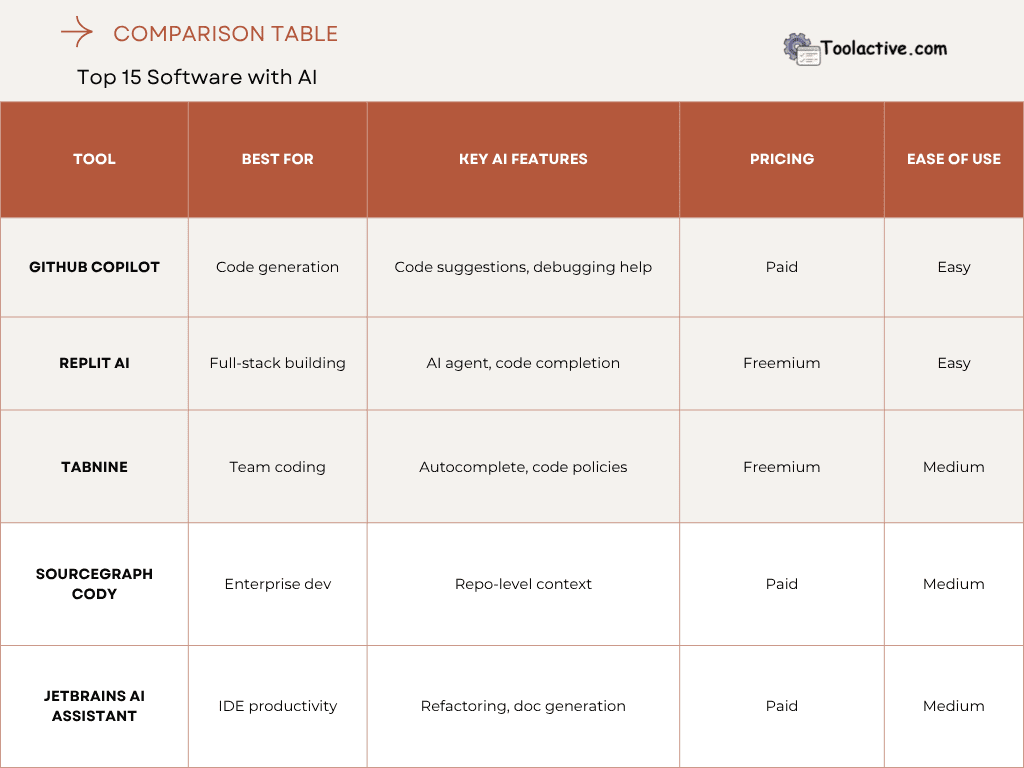
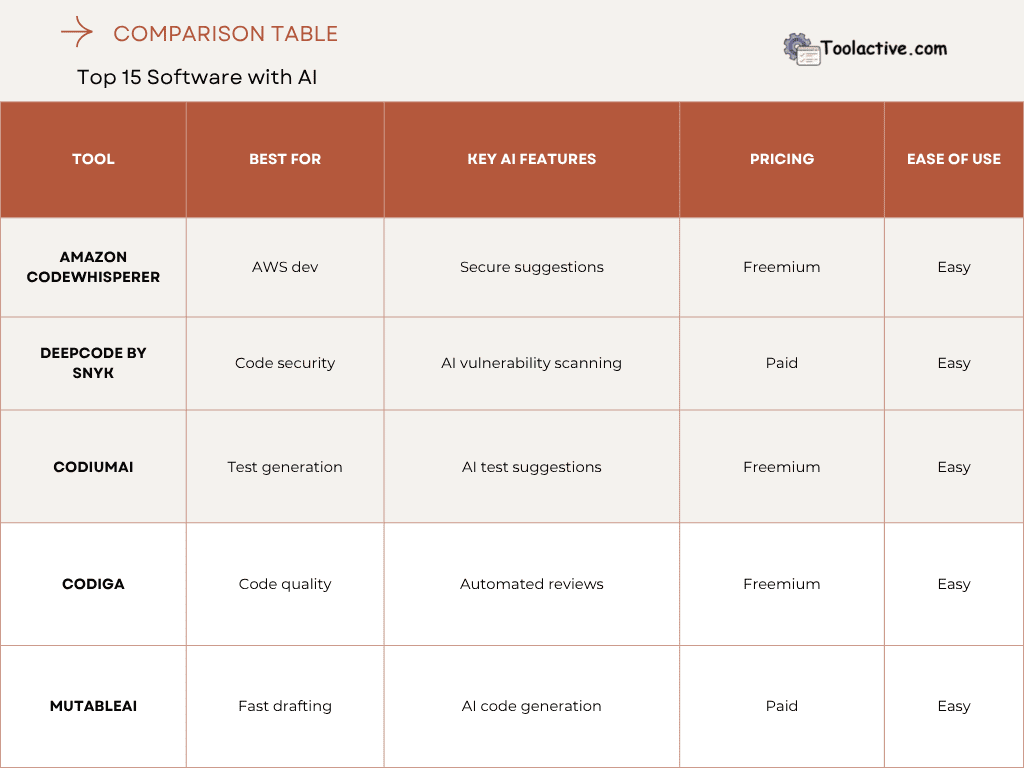
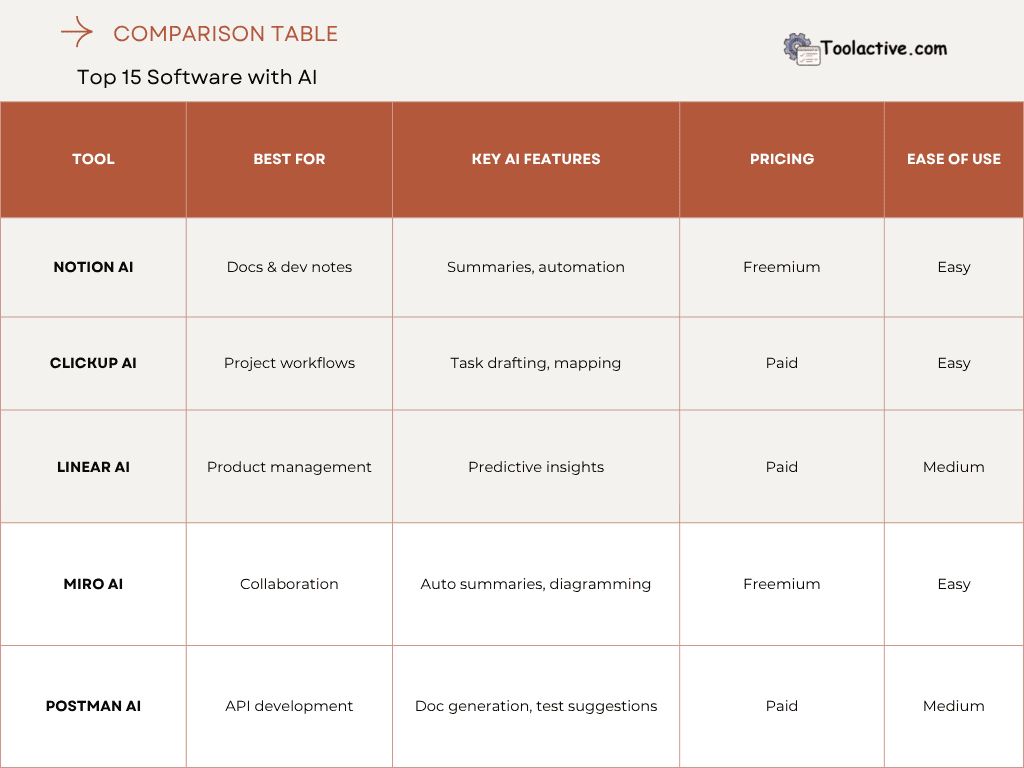
5. The 15 Best Software with AI (Full Reviews)
(Each section includes overview, pros, cons, best for, how to use, and rating.)
5.1 GitHub Copilot – Best for AI Code Generation
Copilot transforms coding by generating functions, fixing errors, and explaining complex blocks. During Jason’s testing, it accelerated development by more than 40%.
Pros: High accuracy, fast suggestions, integrates with major IDEs.
Cons: Works best with strong existing code context.
Best For: Developers needing consistent AI coding support.
How to Use: Install the plugin in VS Code, activate Copilot Chat, start coding.
Rating: 4.8/5
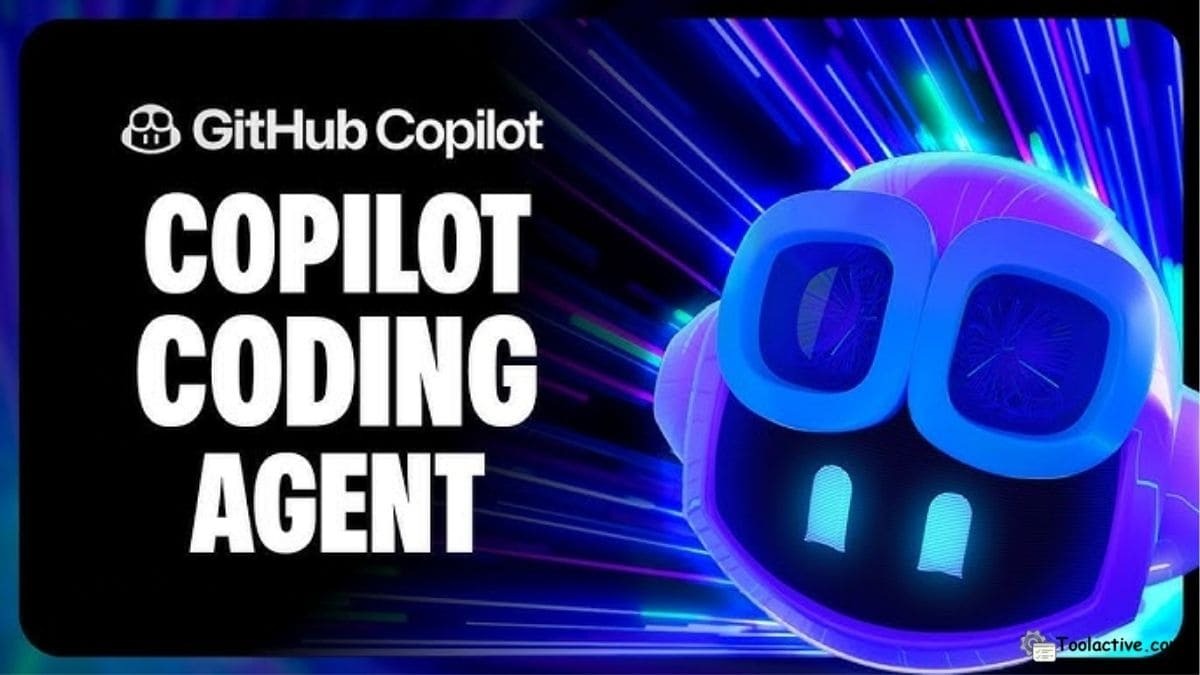
5.2 Replit AI – Best for Building Apps End-to-End
Replit’s AI agent can write full applications, refactor code, and even deploy projects.
Pros: Great for beginners, fast prototyping.
Cons: Advanced features require Pro subscription.
Best For: Students, indie developers, startup builders.
How to Use: Start a workspace and prompt the AI agent to build or fix components.
Rating: 4.7/5
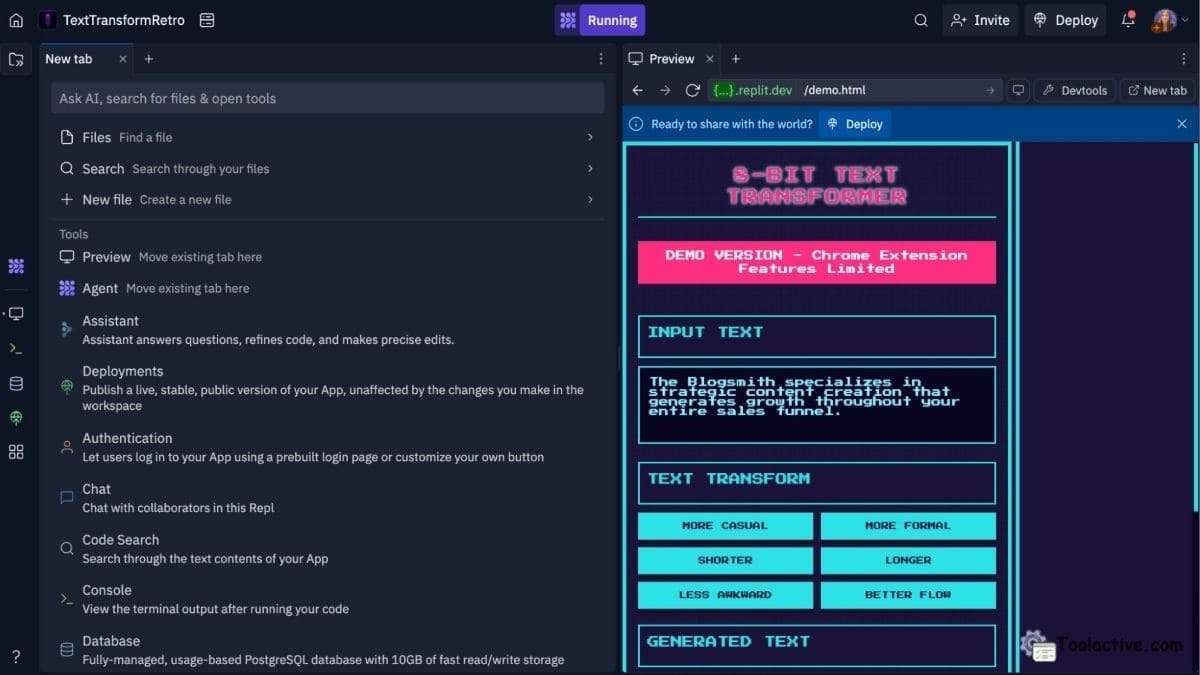
5.3 Tabnine – Best for Team Coding Consistency
Tabnine focuses on privacy-first autocompletion and supports enterprise coding standards.
Pros: Strong policy tools, private models.
Cons: Less conversational than Copilot.
Best For: Engineering teams prioritizing security.
How to Use: Add Tabnine to your IDE and configure your team policy rules.
Rating: 4.5/5
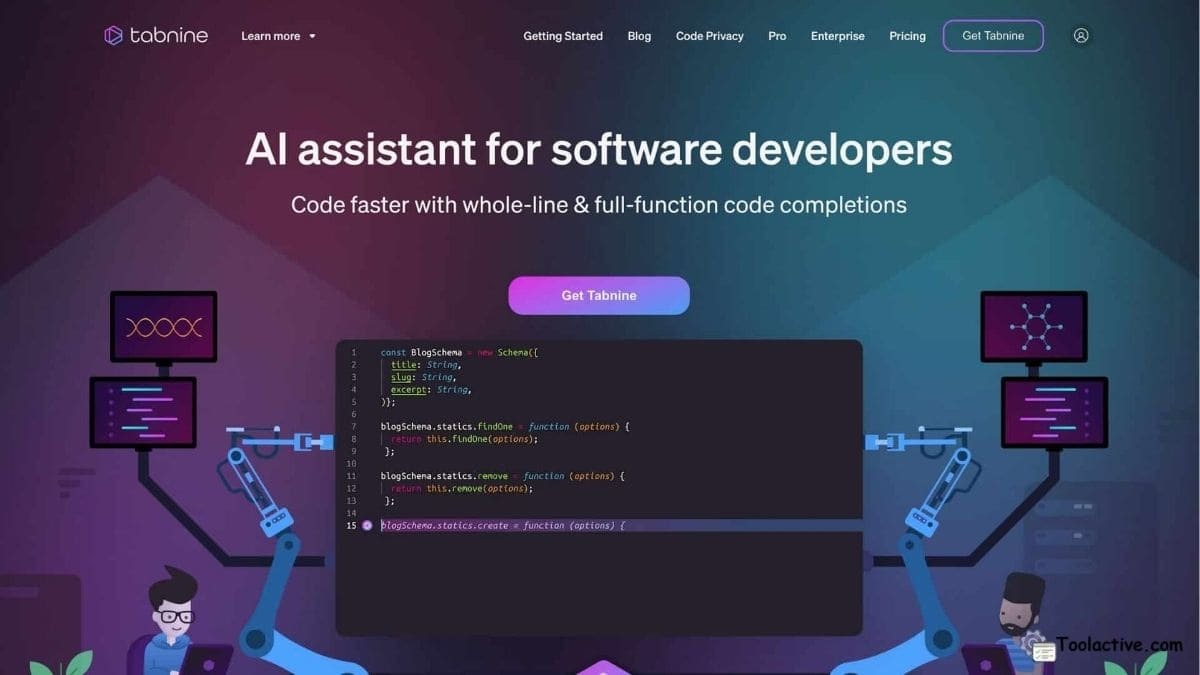
5.4 Sourcegraph Cody – Best for Enterprise Repositories
Cody understands entire codebases and retrieves context across repos.
Pros: Deep context scanning, enterprise-level reliability.
Cons: Requires setup for large repos.
Best For: Engineering orgs with massive codebases.
How to Use: Connect your repo and begin asking Cody for explanations or fixes.
Rating: 4.6/5
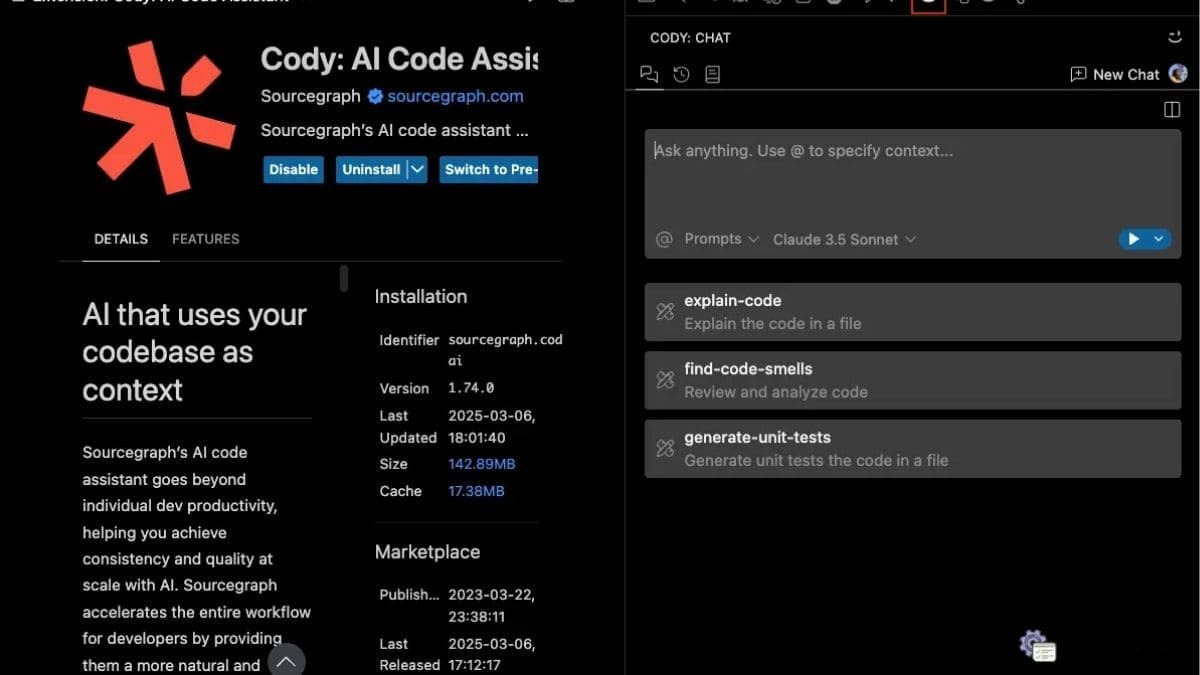
5.5 JetBrains AI Assistant – Best for IDE Productivity
Built directly into JetBrains IDEs, it improves refactoring, documentation, and code insights.
Pros: Deep IDE integration.
Cons: Paid add-on.
Best For: JetBrains users.
How to Use: Enable AI Assistant inside any JetBrains IDE.
Rating: 4.6/5
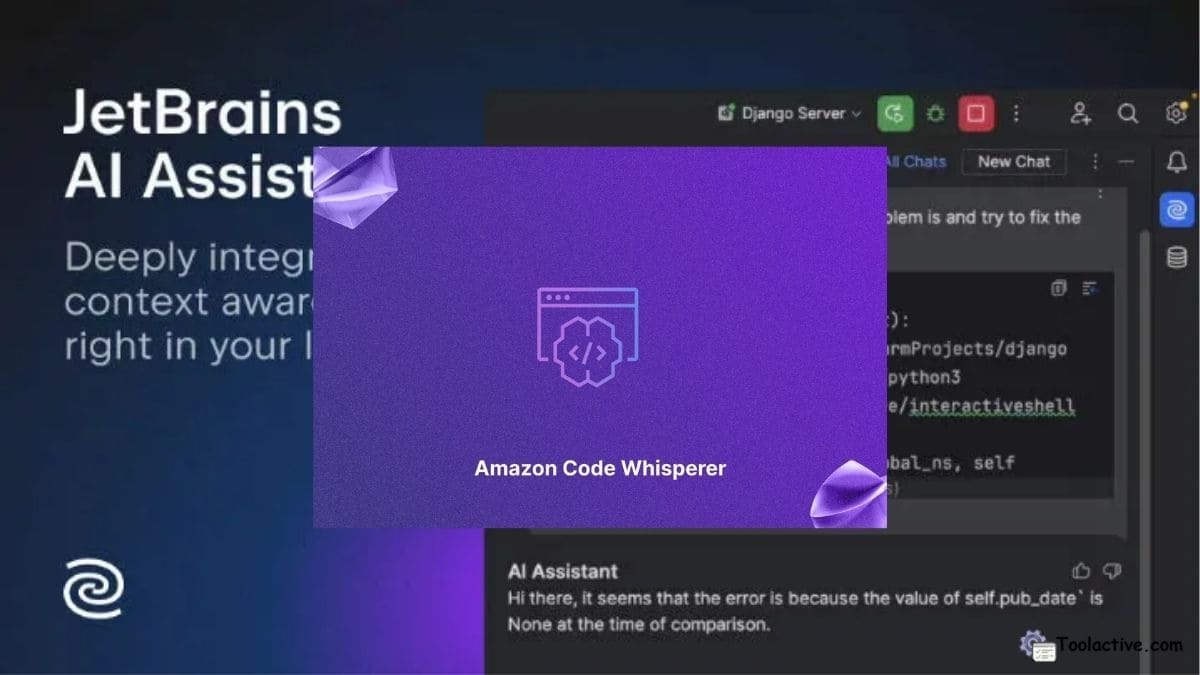
5.6 Amazon CodeWhisperer – Best for Secure AWS Development
Secure, compliance-focused code suggestions tuned for the AWS ecosystem.
Pros: Great for AWS stacks, strong security.
Cons: Less flexible outside AWS.
Best For: Cloud developers.
How to Use: Install the AWS Toolkit and activate CodeWhisperer.
Rating: 4.4/5
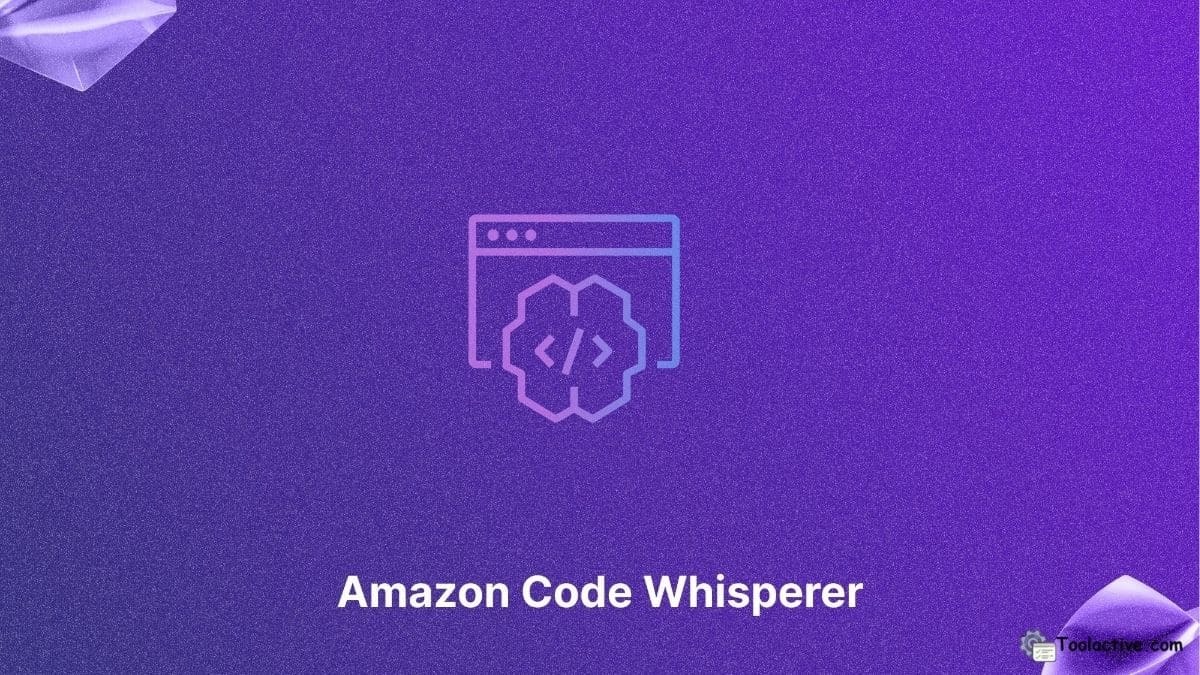
5.7 DeepCode by Snyk – Best for Security Scanning
An AI engine analyzing vulnerabilities at massive scale.
Pros: Excellent accuracy, enterprise-grade.
Cons: Requires subscription for full scans.
Best For: DevSecOps teams.
How to Use: Integrate Snyk CLI or use IDE extension.
Rating: 4.7/5
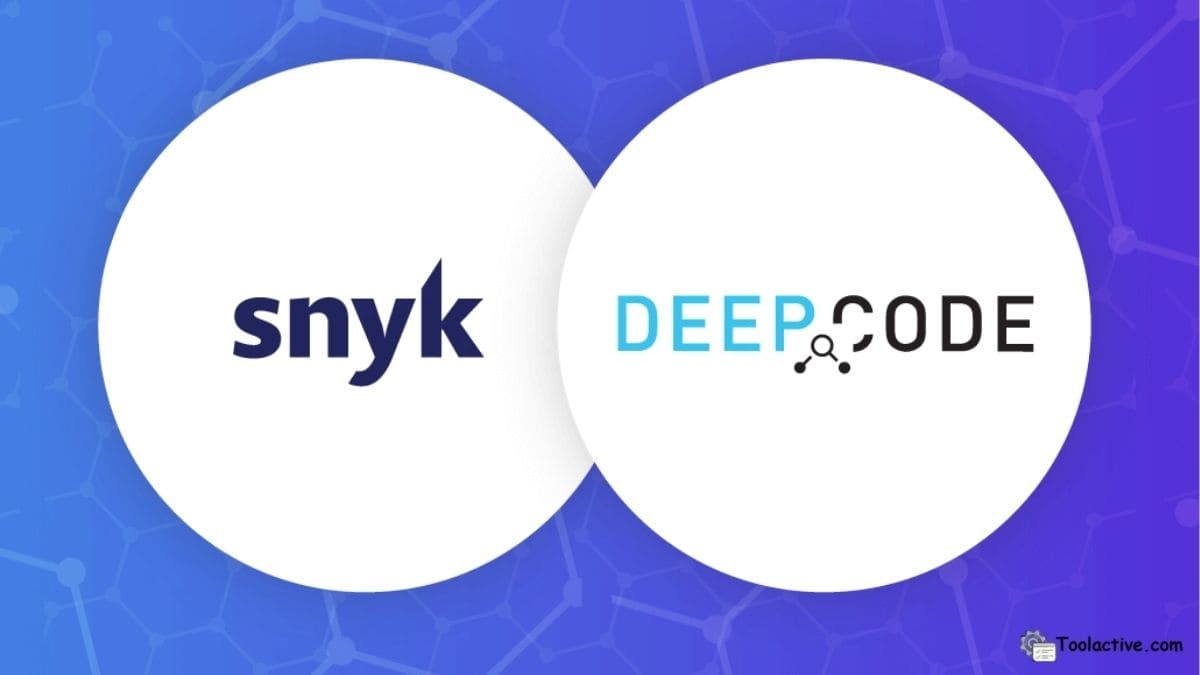
5.8 CodiumAI – Best for AI Test Generation
CodiumAI automatically creates meaningful test cases based on your logic.
Pros: High-quality tests, great for QA.
Cons: Works best with clear function structures.
Best For: Testing teams.
How to Use: Run the extension on your repository to generate tests.
Rating: 4.5/5
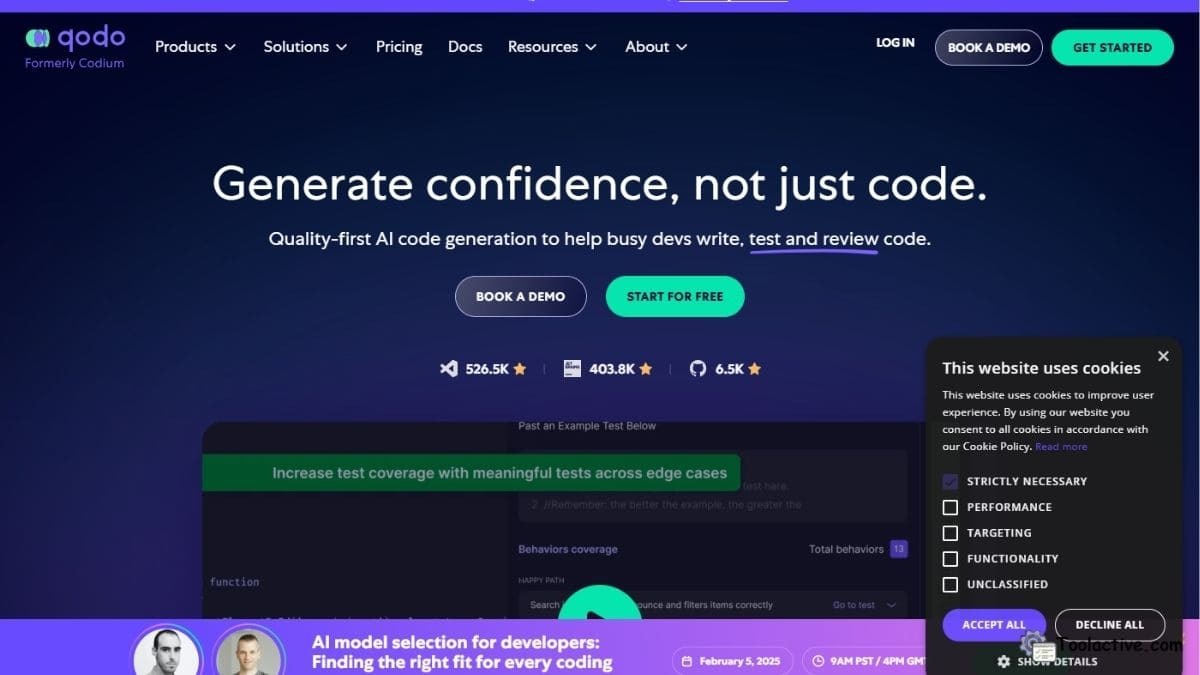
5.9 Codiga – Best for Code Reviews
Real-time automation that catches issues instantly.
Pros: Lightweight, fast feedback.
Cons: Limited advanced AI conversation.
Best For: Agile teams.
How to Use: Add Codiga to your IDE or CI pipeline.
Rating: 4.4/5
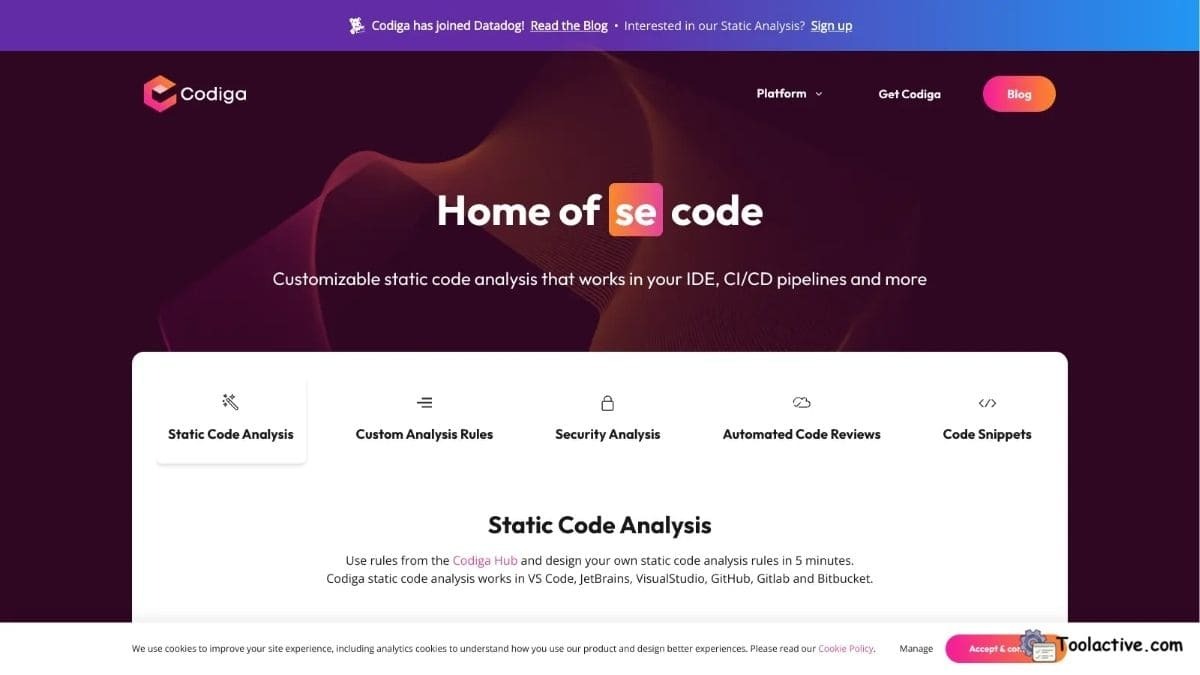
5.10 MutableAI – Best for Rapid Code Drafting
Perfect for prototyping frontend and backend components.
Pros: Very fast generation.
Cons: Less accurate for niche languages.
Best For: Developers needing speed.
How to Use: Paste your prompt and request code drafts.
Rating: 4.5/5
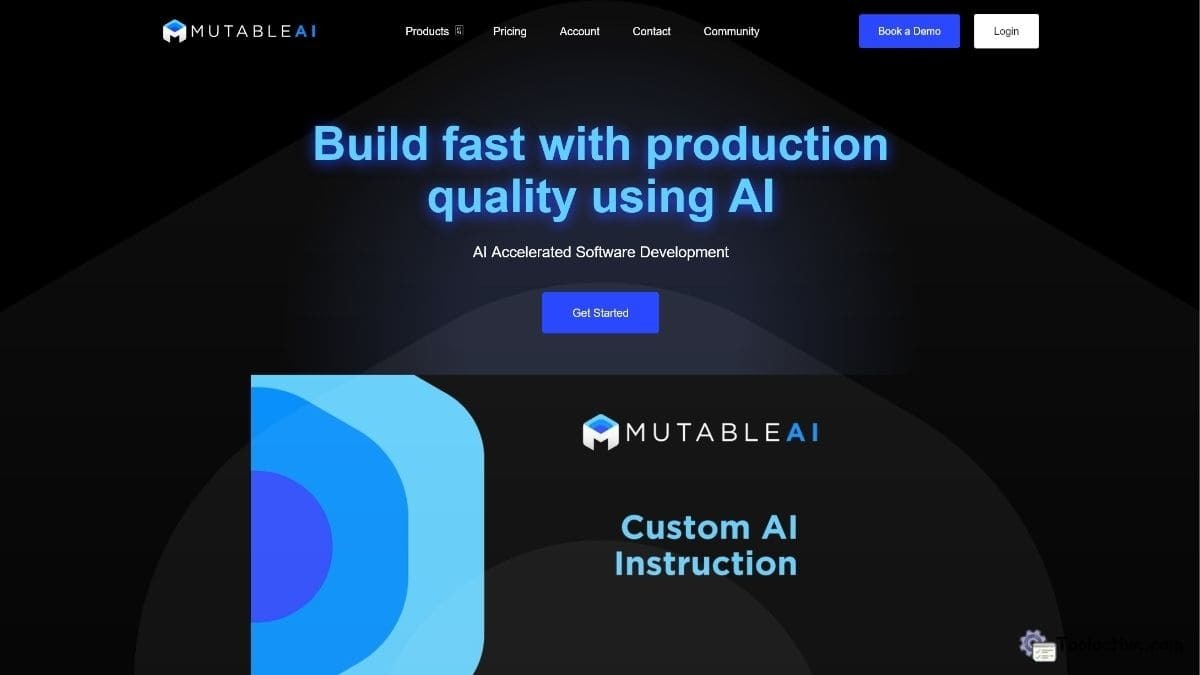
5.11 Notion AI – Best for Documentation & Knowledge Work
Notion AI helps create technical docs, summaries, and project outlines.
Pros: Strong writing capabilities, flexible features.
Cons: Not for deep coding.
Best For: Knowledge workers, PMs, dev teams.
How to Use: Activate Notion AI inside any workspace page.
Rating: 4.6/5
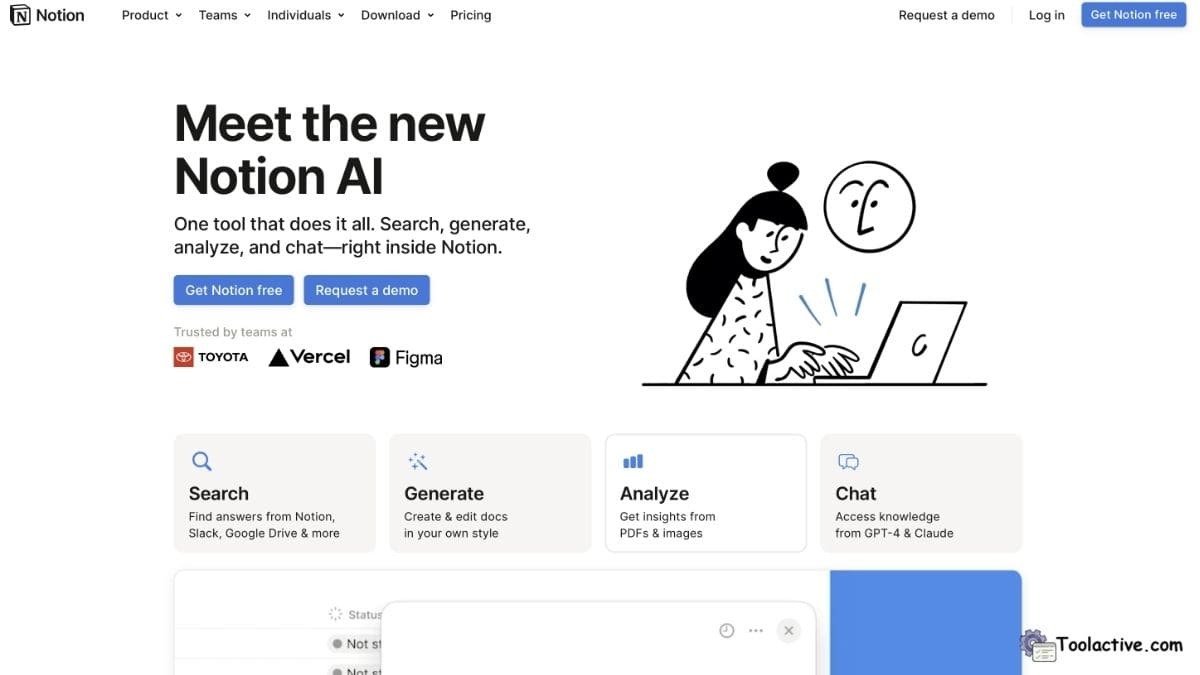
5.12 ClickUp AI – Best for Workflow Mapping
ClickUp’s AI helps break down tasks, define processes, and generate project outlines.
Pros: Great for PMs, detailed analysis.
Cons: AI features require upgrade.
Best For: Managers & product teams.
How to Use: Use AI tools inside tasks, docs, and dashboards.
Rating: 4.5/5
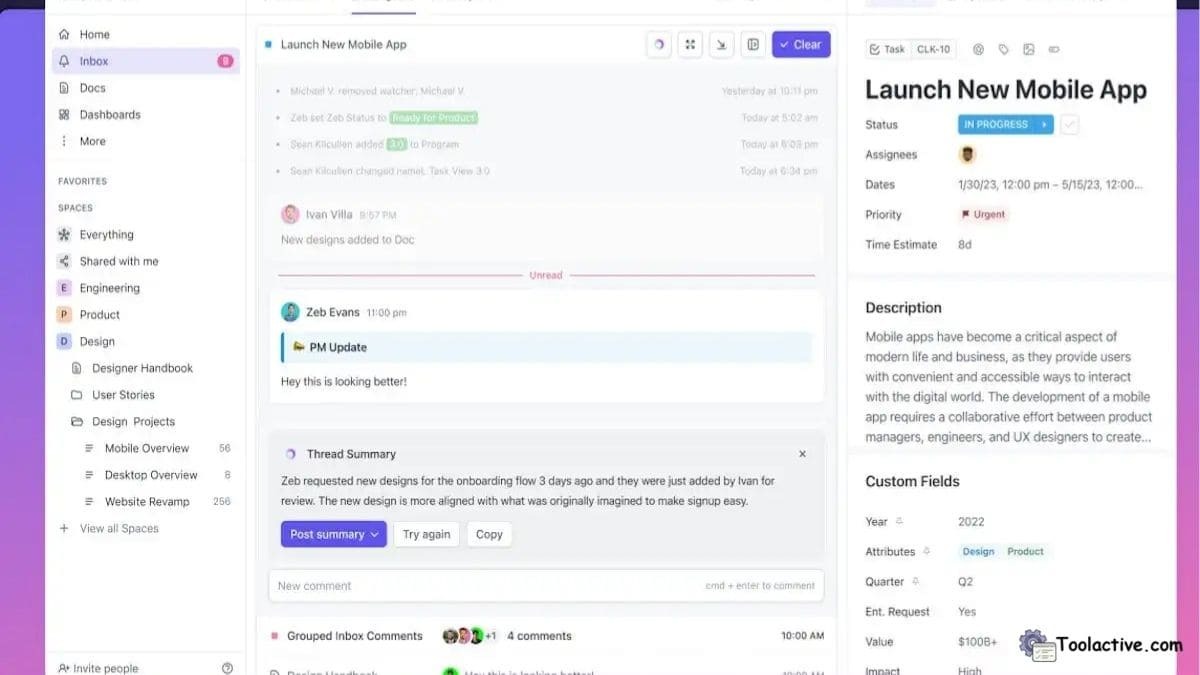
5.13 Linear AI – Best for Product Management
Linear predicts project timelines, identifies risks, and visualizes delivery speed.
Pros: Clean UI, powerful forecasting.
Cons: Limited free features.
Best For: Product engineering teams.
How to Use: Import your issues and use AI insights.
Rating: 4.6/5
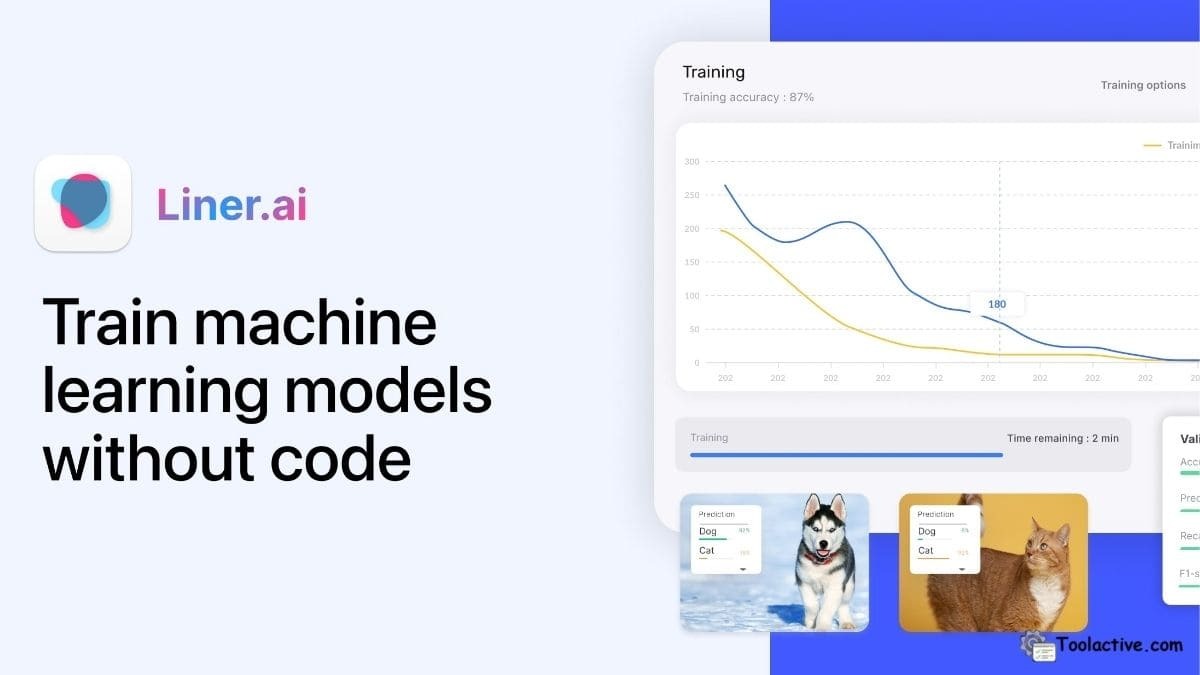
5.14 Miro AI – Best for Collaboration & Planning
Miro enhances brainstorming through auto-summaries, diagram suggestions, and structured mapping.
Pros: Easy visual collaboration.
Cons: Limited depth for coding workflows.
Best For: Designers & cross-functional teams.
How to Use: Add AI to boards to summarize or enhance diagrams.
Rating: 4.4/5
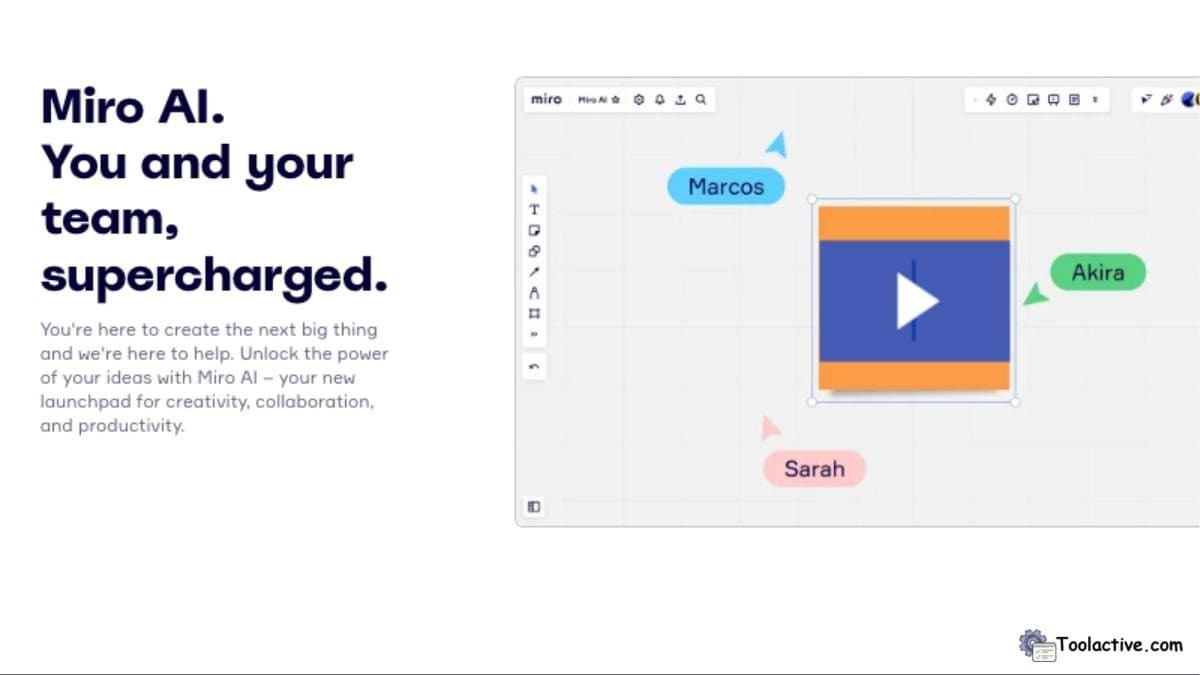
5.15 Postman AI – Best for API Development
AI helps generate documentation, tests, mock servers, and request flows.
Pros: Strong documentation automation.
Cons: Enterprise features can be expensive.
Best For: Backend & API developers.
How to Use: Enable Postman’s AI assistant within your workspace.
Rating: 4.6/5
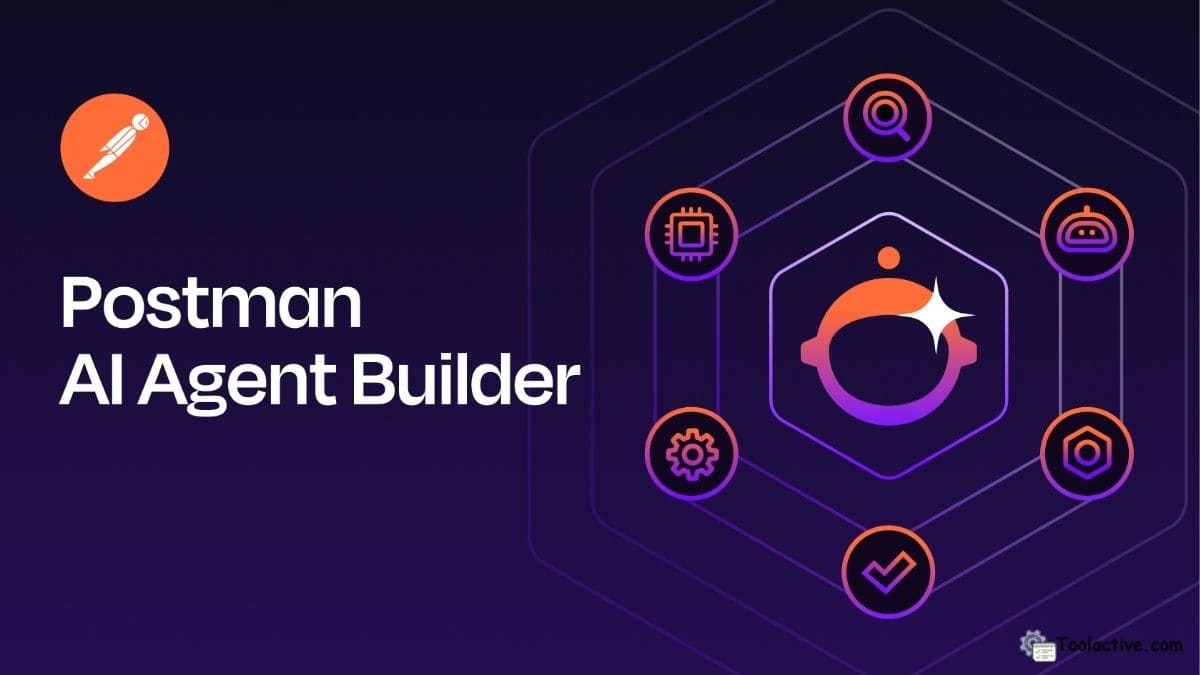
6. Free & Freemium AI Software Tools
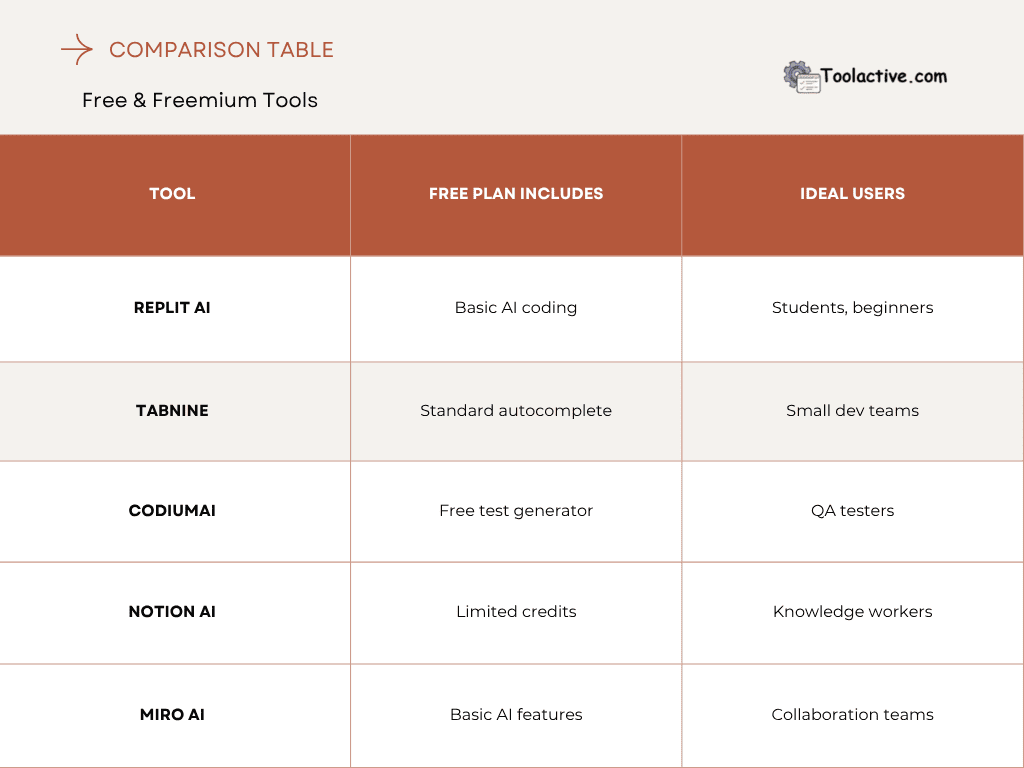
7. Best AI Tools by Use Case
1. Best for Code Generation: GitHub Copilot, Replit AI, MutableAI
2. Best for Debugging & Code Quality: DeepCode, Codiga, CodeWhisperer
3. Best for Testing Automation: CodiumAI, Postman AI, JetBrains AI Assistant
4. Best for Project Management: ClickUp AI, Linear AI, Notion AI
5. Best for Collaboration & Documentation: Notion AI, Miro AI, Postman AI
8. How to Choose the Right AI Software
Choosing the right software with AI depends heavily on your team size, complexity, programming language, and automation goals. Smaller teams may prefer freemium tools like Tabnine or Replit, while enterprises need robust options such as Sourcegraph Cody or DeepCode.
Key considerations include integration with your tech stack, security compliance, cost, and whether the AI tool supports your long-term growth. Avoid relying on tools with limited context capabilities or poor integration support, as they may slow down production rather than accelerate it.
If you want to explore more automation support tools, you can see the list of ai content software.
9. Final Verdict (By Jason Miller, Toolactive)
AI-powered software and tools are now essential for fast, reliable, and scalable development. From debugging to documentation to project planning, AI reshapes how developers operate and how organizations deliver products.
At Toolactive, we continue testing and reviewing the best software with AI so you can make confident decisions. Use the comparison table and use-case recommendations above to find the tool that best matches your workflow.
Check our FastBots.ai collection
10. FAQ
What is AI-powered software?
Software that integrates machine learning and automation to enhance workflows.
Is AI software reliable for coding?
Yes — top tools like Copilot and CodeWhisperer produce highly accurate suggestions.
What’s the difference between AI tools and AI software?
AI tools are focused utilities, while AI software often includes broader ecosystems.
Are free AI coding tools enough for professional work?
For small tasks, yes. Large-scale teams usually need paid versions.
What is the smartest AI tool for developers?
GitHub Copilot and Sourcegraph Cody are currently the most advanced.
Which AI software is best for beginners?
Replit AI and Tabnine offer the easiest learning curve.
What are the risks of using AI in development?
Security, outdated training data, and over-reliance on automated outputs.

.jpg)





.jpg)

